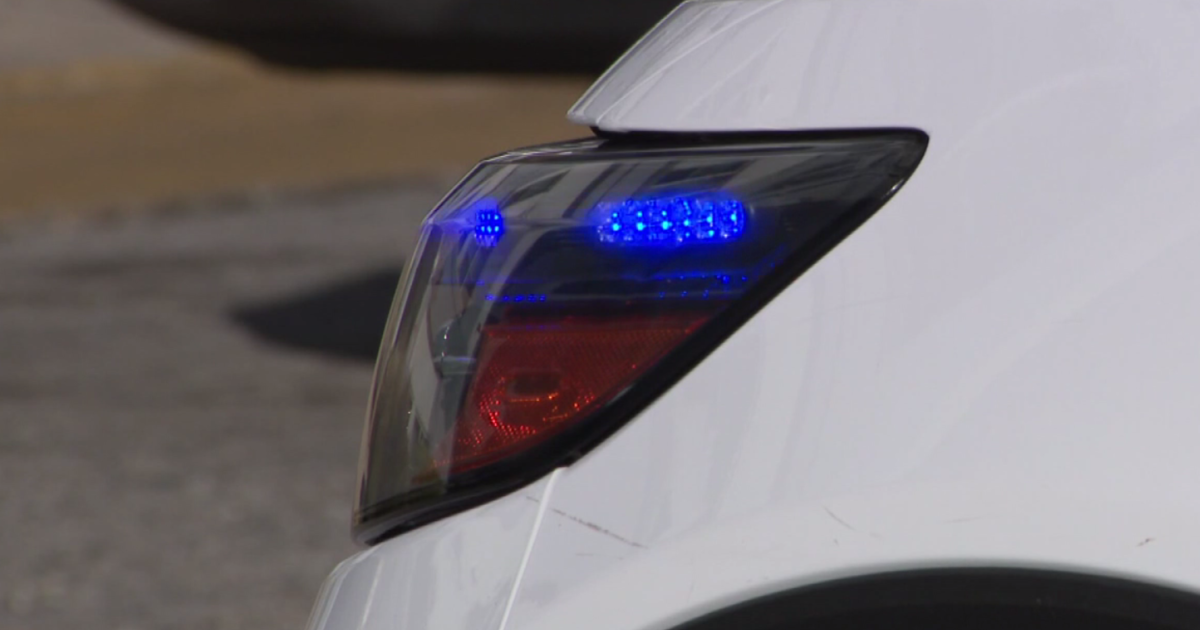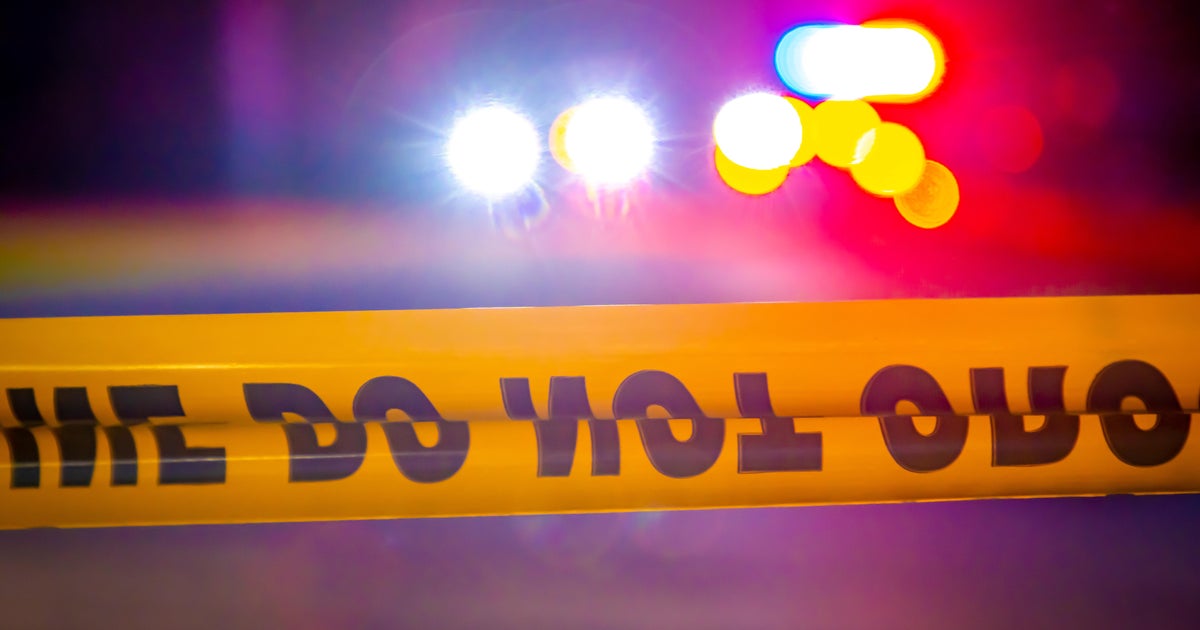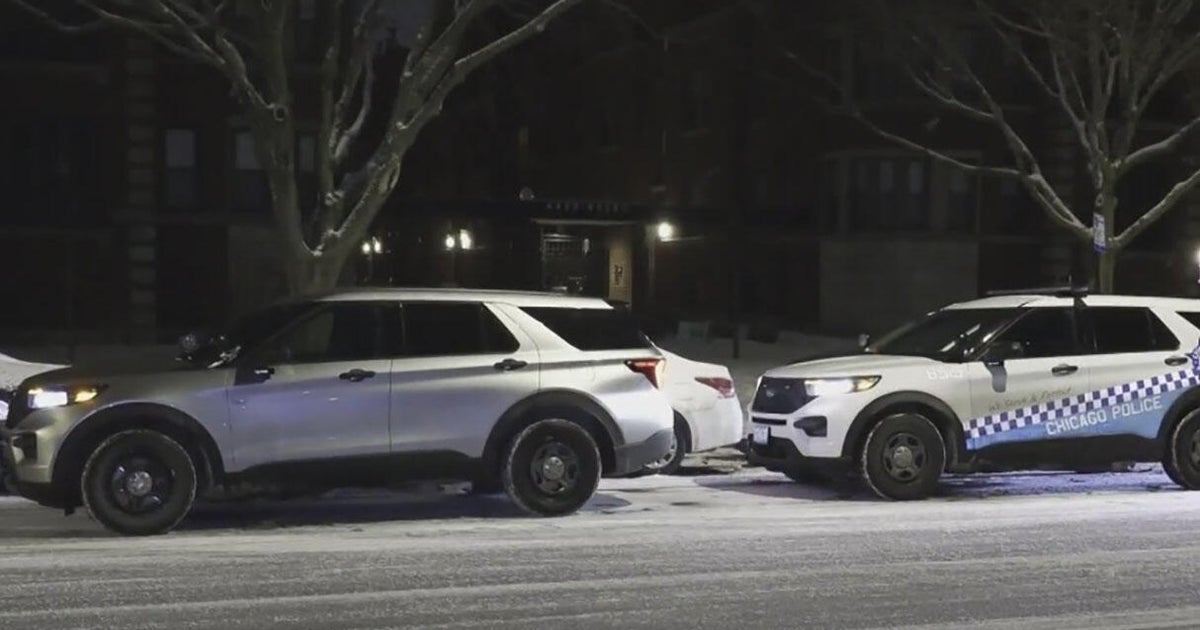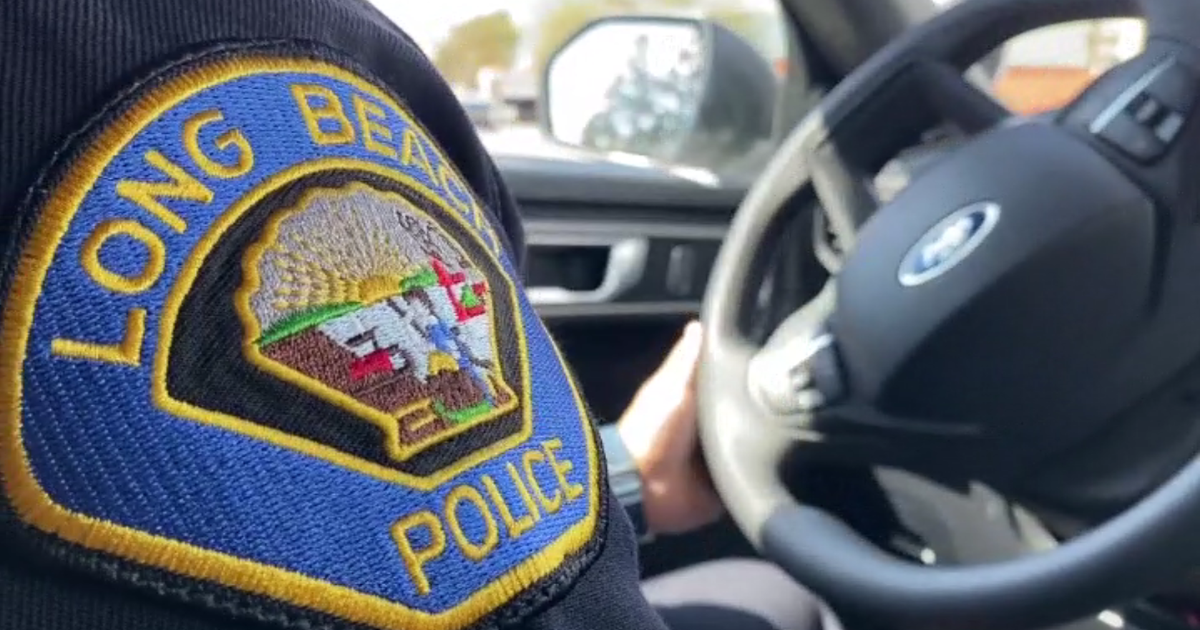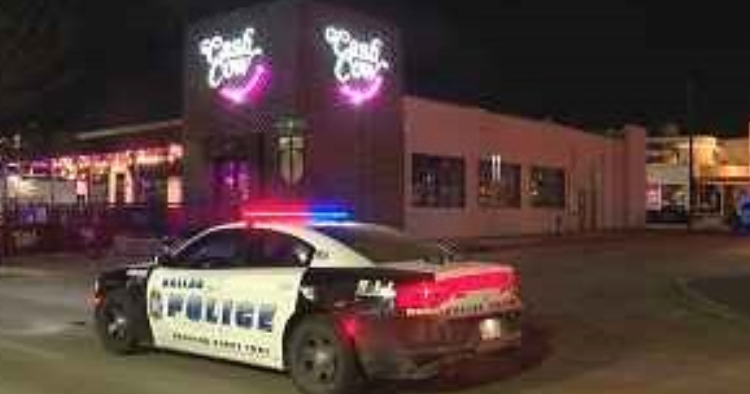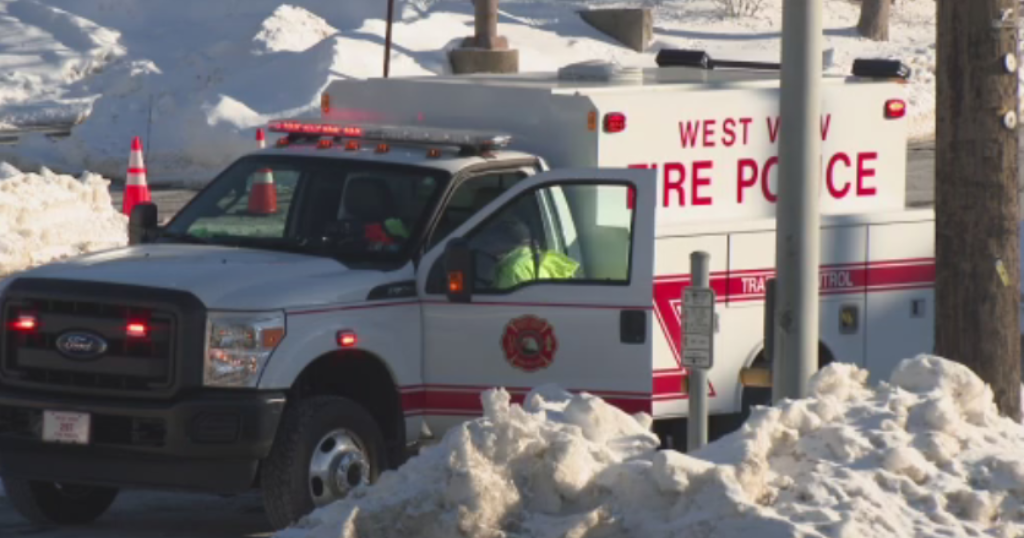Former Priest's DNA Doesn't Match DNA From Nun Murder, Police Say
BALTIMORE (WJZ) -- A DNA sample taken from the remains of former Baltimore priest A. Joseph Maskell does not match DNA from the murder scene of Sister Catherine Ann Cesnik, according to the Baltimore County Police Department.
In January 1970, Sister Cathy's decomposed body was discovered in a field in Lansdowne.
A recent WJZ investigation revealed that the 26-year-old was about to blow the whistle on widespread sexual abuse at the hands of Maskell.
Baltimore County police revealed first to WJZ that they exhumed Maskell in February to get his DNA.
CLICK TO READ MORE OF WJZ'S INVESTIGATION INTO SISTER CATHY'S MURDER
A woman who claims, along with priests, police were part of the sexual abuse of children at Archbishop Keough School in the 1960s and the cover up.
Maskell, a former guidance counselor at Archbishop Keough High School, has long been suspected in Cesnik's death. Cesnik also worked at the school.
"Certainly when there's talk of a cover up, from the church's standpoint, that's patently false. Everything the church knew at the time was reported and everything we've gotten since has been reported and shared," says Archdiocese spokesman Sean Caine.
Caine says church leaders did report allegations of police involvement to police investigators when they surfaced in the 1990s.
"It's our understanding police were aware of that, looked into that. Why they took the actions they did or didn't take, like I said that's out of our purview and is a question only they can answer," he says. "We're not talking about one agency looking at its own, but multiple jurisdictions were involved."
Baltimore City and County police were part of the investigations into the abuse.
To this day, the Archdiocese still keeps large personnel files of Father Maskell and others related to the scandal.
Caine confirms just days after Archbishop Lori took the leadership post in 2012, he met with those who say Maskell abused them.
'He wanted to make that one of the first things he did," Caine says. "The church did make every effort to find victims, to cooperate with police to report things to the civil authorities. It's regretful, and it's just a painful part of the church's past."
But on Wednesday, police say they received lab results from Bode Cellmark Forensics in Lorton, Va., that excluded Maskell as a contributor to DNA preserved from the crime scene.
Maskell is not the first suspect whose DNA has been compared to the crime scene sample. Over the years, Baltimore County PD detectives have developed DNA profiles of about half a dozen suspects and compared them against the crime scene evidence, authorities say. None of these suspects' profiles have matched.
Police also say the DNA profile from the crime scene evidence was placed into the FBI's Combined DNA Index System as soon as it was developed, and there have been no matches.
Homicide detectives say the negative results from the Maskell DNA profile comparison means that their best hope for solving the case now lies with people who are still alive and willing to come forward with conclusive information about the murder.
Follow @CBSBaltimore on Twitter and like WJZ-TV | CBS Baltimore on Facebook

